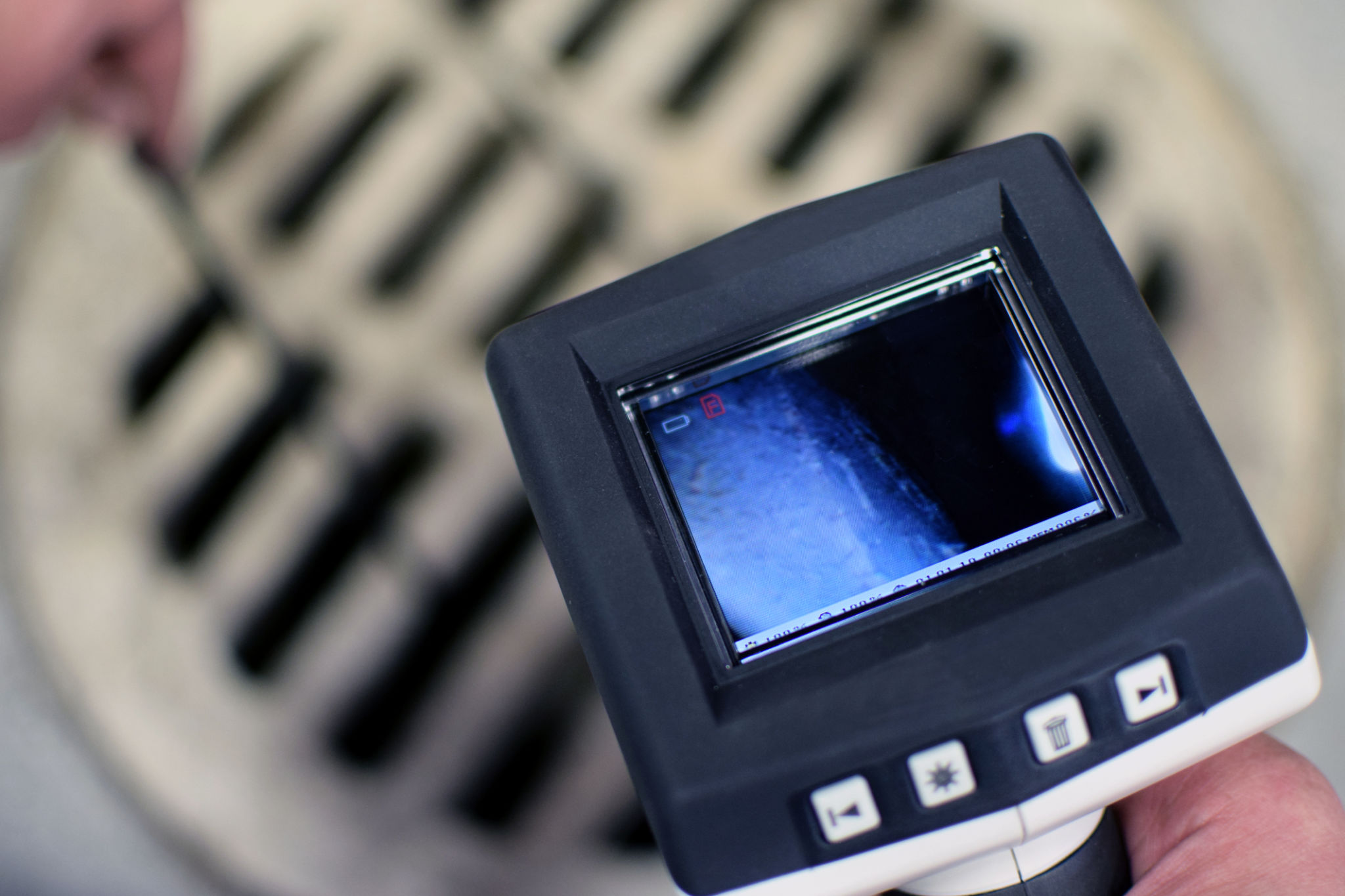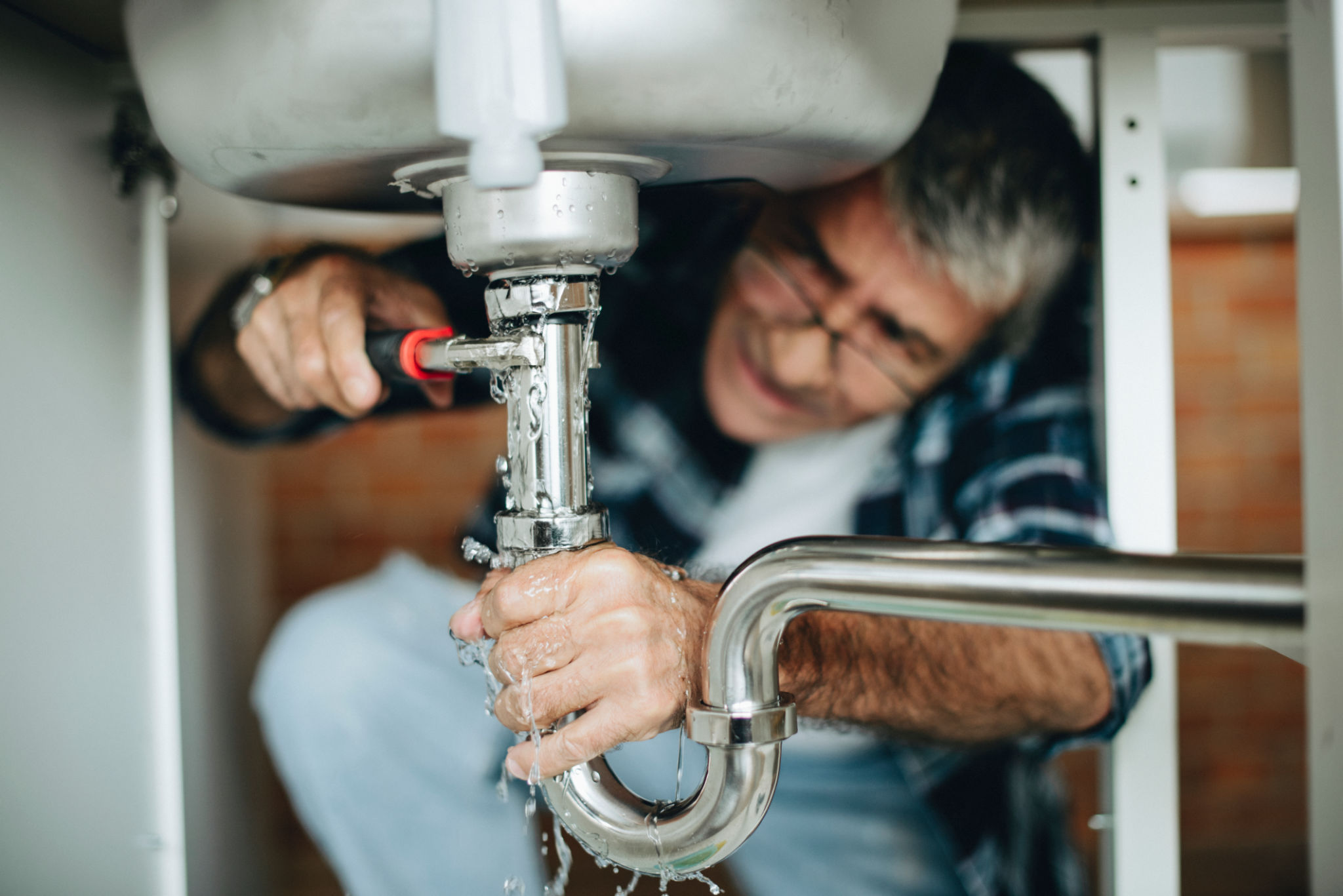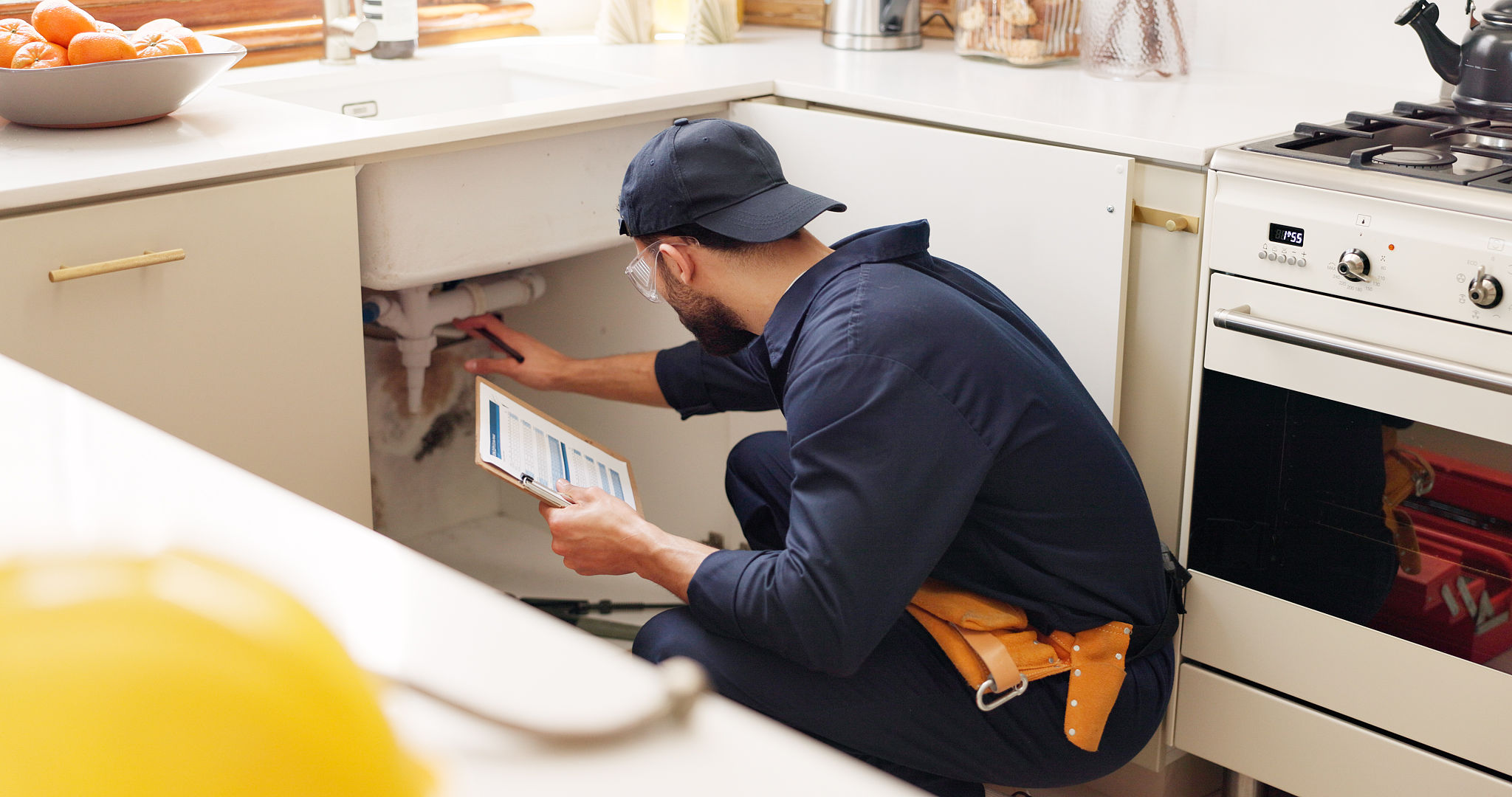DIY Sewer Line Inspection: When to Call a Professional
Understanding Your Sewer Line
Homeowners often face the challenge of maintaining their sewer lines, a task that can seem daunting. A sewer line inspection is a critical part of home maintenance that ensures your plumbing system is working efficiently. While some inspections can be performed on your own, there are times when calling a professional is the best course of action.
DIY sewer line inspections can help detect minor issues before they escalate into major problems. However, not all issues can be easily identified without the proper tools and expertise. Knowing when to conduct a DIY inspection and when to call a professional can save you time and money in the long run.

Signs You Can Handle a DIY Inspection
Not all sewer line issues require immediate professional attention. Here are some signs that you might be able to handle the inspection yourself:
- Slow Drains: If your sinks or bathtubs are draining slowly, it could be due to minor clogs that you can address with basic tools.
- Unusual Noises: Gurgling sounds from your pipes may indicate air trapped in the system, which can sometimes be resolved with simple methods.
- Mild Odors: Faint sewage smells around your drains may suggest a minor blockage that you could potentially clear yourself.
These issues often don't require specialized equipment and can be addressed with over-the-counter drain cleaners or a simple plumbing snake.
When to Call a Professional
While DIY inspections are beneficial, certain scenarios necessitate the expertise of a professional plumber. Here are some instances where you should consider making the call:
- Frequent Clogs: If you experience regular blockages despite your best efforts, it might be time for a professional evaluation.
- Water Backflow: When water starts backing up into sinks or toilets, it's usually indicative of a significant issue down the line.
- Persistent Odors: Strong sewage smells that don't dissipate with regular cleaning may signal a serious problem that needs expert intervention.

The Benefits of Professional Inspections
Professional plumbers have access to advanced tools and technology, such as video inspection cameras, which allow them to identify issues that aren't visible during a DIY inspection. These tools enable them to pinpoint the exact location and nature of the problem, facilitating more effective solutions.
Moreover, professionals bring years of experience and training to the table, ensuring that they can tackle any underlying issues comprehensively. This expertise not only resolves current problems but also helps prevent future occurrences.
Maintaining Your Sewer Line
Regular maintenance is key to preventing major sewer line issues. Whether you're performing a DIY inspection or enlisting professional help, frequent checks are vital. Routine inspections can identify potential problems early on, saving you from costly repairs down the road.

Adopting good habits, such as not flushing non-biodegradable items and being cautious about what goes down your drains, can also extend the life of your sewer line.
Conclusion
While DIY sewer line inspections can be effective for minor issues, knowing when to call in a professional is crucial for maintaining a healthy plumbing system. By recognizing the signs and understanding your limitations, you can ensure your home's sewer lines remain in optimal condition.
Ultimately, balancing DIY efforts with professional expertise will keep your plumbing in top shape, providing peace of mind and protecting your home from potential water damage.
